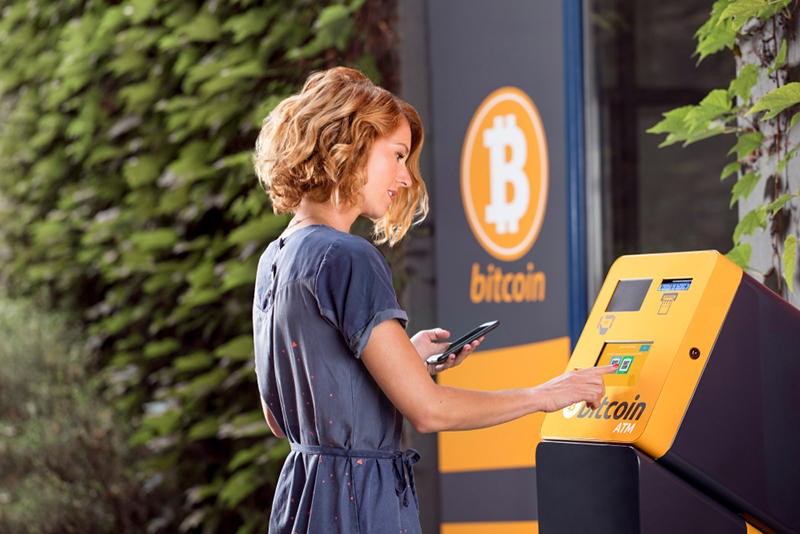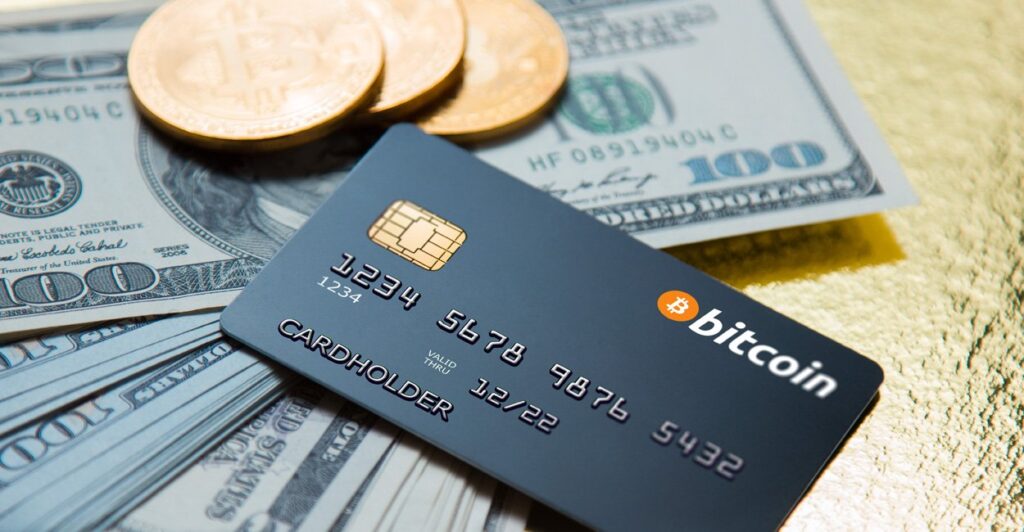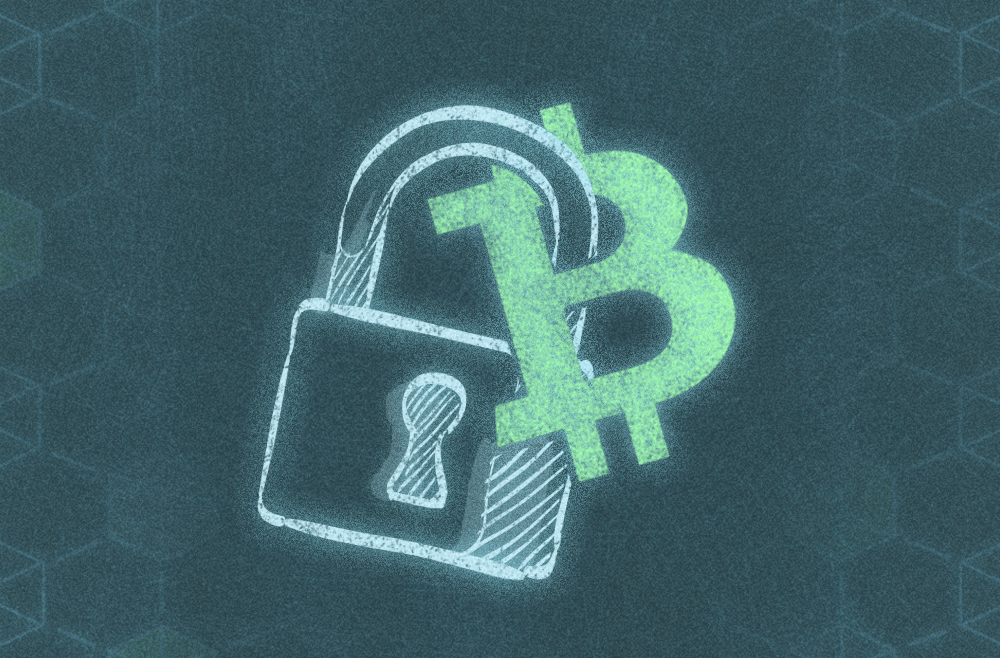
A bad cash-out strategy might impair profitability whether you’re cashing out a small or large amount of Bitcoin. The loss is amplified by a large sum of Bitcoin.
Most exchanges also impose a daily limit on the amount that can be withdrawn or traded. This is due to security concerns as well as the fact that selling a large volume of stock might have a significant negative impact on their stock markets. It can manipulate pricing and liquidity, for example.
If you’re wondering how to cash out bitcoin, here’s a step-by-step guide. If you’re seeking a way to cash out a large number of Bitcoins, or any amount of Bitcoin, this article will help you.
Meanwhile, if you want to check out the latest trade market insights and get started trading, click here. Understanding the crypto market will be quite beneficial to you, particularly if you are a novice.
1. Peer-to-peer

This technique of cashing out is for those who do not want to wait a lengthy time to receive their fiat currency. All you have to do in this strategy is sell your Bitcoin to the buyers in exchange for cash. You have the option of selecting the method by which you want to receive payment from the buyer. These payments may include the following:
If you prefer cash, you can request that the buyer deposit cash into your bank account using your bank account information. However, examine anyone’s ID verification before relying on them. Only then should you release your BTC to the buyers after receiving a payment confirmation message.
If you’ve identified a buyer who isn’t too far away, setting up a meet-together to receive your money is the ideal option. It is the most trustworthy strategy for avoiding numerous types of scams and frauds. Due to distance constraints, however, it is not always possible to choose it.
2. Centralized Exchanges

The majority of people buy and sell cryptocurrency through third-party brokers or exchanges. Most digital currency exchanges, on the other hand, set stringent limits on how much money you can withdraw in a single day, week, or month.
There’s also a thorough KYC (much more so than the standard one) in which they want to know everything about you, from your birth to the present.
3. OTC (over-the-counter) brokers

For cashing out significant quantities of bitcoin, over-the-counter brokers are generally the best option. They operate off the grid, and purchases and sales made through these services have no impact on the asset’s exchange rates.
OTC brokers connect buyers and sellers on a one-on-one basis. Because these transactions need a great level of confidence, you must be extremely cautious when selecting an OTC broker. Also, be prepared to pay a little more for the broker’s service costs.
If you’re exchanging cryptocurrencies for USD, it is the worst error you can make. It attracts unsuspecting traders looking to avoid paying fees and taxes. Unlicensed merchants put you in danger of losing all of your money and getting in trouble with the authorities.
Consider the case where you want to pay out large quantities of bitcoin from unregistered suppliers. Are you willing to take a chance?
4. Bitcoin ATMs

Although using an online crypto exchange is a safe and convenient alternative for many people, there are instances when you don’t want to go through the hassle of joining up, verifying your identity, and then waiting for your withdrawal to clear.
In an emergency, you can withdraw a small amount of Bitcoin from a Bitcoin ATM. Most of these machines have $1,000 to $10,000 withdrawal and deposit restrictions, so you won’t be able to convert all of your bitcoin. Plus, who wants to carry enormous amounts of cash with them all the time!
5. Bitcoin Debit Cards

If you travel regularly, a Bitcoin debit card may be a simple method to spend your Bitcoin without incurring conversion fees.
Bitcoin debit cards do not, in and of itself convert Bitcoin to cash. They act as a link between cryptocurrency and real-world worlds. Consider them prepaid bitcoin cards that you can load with bitcoins and use like a standard debit card linked to your bank account to make purchases.
Even if the merchant doesn’t take Bitcoin, a reliable Bitcoin debit card can be used to make purchases anywhere that accepts MasterCard or Visa. The card converts it to local fiat currency immediately.
You can top up your crypto debit card in a variety of methods, including cryptocurrency accounts, bank account transfers, and other credit and debit cards, depending on the crypto debit card.
How To Stay Safe While Cashing Out Bitcoin?

If the value of your crypto asset is in the millions, it’s critical to think seriously about the security of your cash, or you could lose everything in a matter of seconds. There are a few things you may do to prepare for a large sale:
- Because they are more secure, use exchanges with many stages of verification.
- To avoid any problems, notify the exchange ahead of time that you intend to convert a large amount of BitCoin.
- To avoid losing all of your savings, don’t exchange the entire quantity; instead, divide it into smaller chunks.
- To avoid being caught and penalized in the future, report your taxes. Your bank can reveal information to the authorities even if you do it anonymously.
- To avoid making life-altering mistakes, don’t rush and double-check the information you submit.
Conclusion
If not done correctly, the cashing out process might cause a lot of problems. Peer-to-peer and third-party brokers are the two most well-known techniques for cashing out Bitcoin. Depending on his needs and convenience, a person can select one of these two options. Use the methods outlined above to finish your transaction safely.








